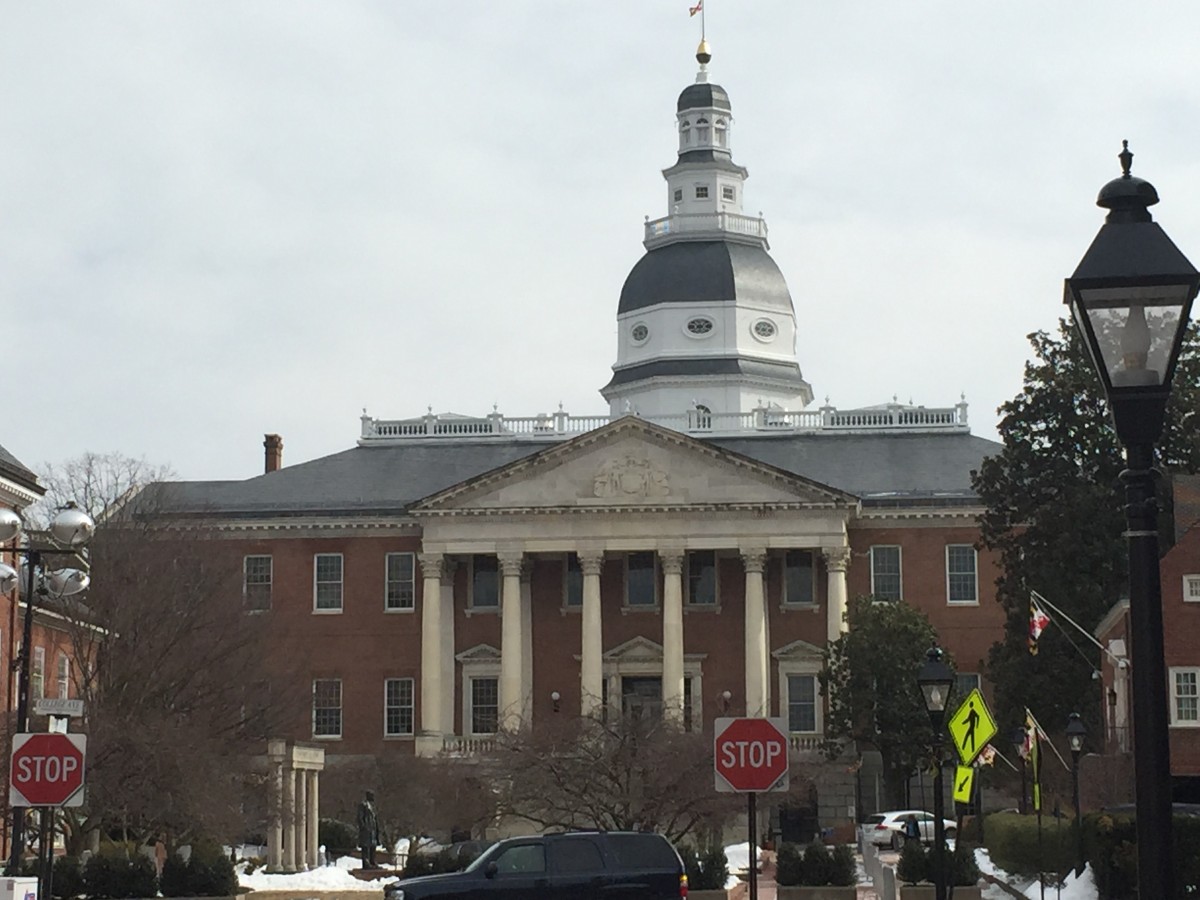Del. Brooke E. Lierman is proposing a bill to create a Maryland Office of Digital Inclusion, expanding the powers of the state’s rural broadband office.
In this year’s state legislative session, Lierman and six coauthors filed HB97, dubbed the Digital Connectivity Act. It would create an office within the Maryland Department of Housing and Community Development that focuses on bridging the digital divide in suburban and metro areas, in addition to the rural areas of Maryland served by the current office. A recent study by the Abell Foundation found that one in four Maryland households don’t have wireline internet, painting the picture that the digital divide is an issue for all Marylanders, regardless of if they live in an urban, suburban or rural area.
“This legislation recognizes the important work that the Office of Rural Broadband has accomplished, celebrates it, and says we must expand that work to cover every Marylander,” said Lierman, a Democrat who represents Baltimore city.
The hope is that the expanded office will be afforded a bigger budget, with more staff to conduct studies and mapping that paint an accurate picture of broadband access in Maryland. Then, it could identify solutions and initiatives to get residents access to internet.
The disparities in broadband access have been exacerbated in the pandemic, as internet is required to participate in online schooling and the increasingly digital workplace and economy. It has led advocates and technologists to call for action on digital equity during this year’s 90-day session of the Maryland General Assembly.
The first hearing for the bill is scheduled for a hearing on January 26 by the Maryland House of Delegates’ economic matters committee. Find the hearing streaming during the 1:30 p.m. session here.
The hearing is expected to include testimony from local tech community stakeholders. Among those offering support will be Yair Flicker, president of Baltimore software development consultancy SmartLogic and a member of the Baltimore Digital Equity Coalition.
“You can’t really be competitive these days in a digital economy unless you have high speed internet access,” said Flicker. “When I saw Delegate Lierman was promoting this bill, it seemed like something we definitely needed to support.”
The hearing marks a first step for the measure, as is the case for the scores of bills filed in the legislature each year. If the bill passes the Maryland General Assembly, it would then go to Gov. Larry Hogan‘s desk for signature. If he decides to sign, the office could be established by July 1 of this year. Because of the way the fiscal calendar works, the budget and staff increases wouldn’t take place until July of 2022.
Donte Kirby is a 2020-2022 corps member for Report for America, an initiative of The Groundtruth Project that pairs young journalists with local newsrooms. This position is supported by the Robert W. Deutsch Foundation.Before you go...
Please consider supporting Technical.ly to keep our independent journalism strong. Unlike most business-focused media outlets, we don’t have a paywall. Instead, we count on your personal and organizational support.
Join our growing Slack community
Join 5,000 tech professionals and entrepreneurs in our community Slack today!

Entrepreneurship is changing, and so is the economic development behind it

Tech Hubs’ new $210M funding leaves Baltimore and Philly off the table

Here’s what to know before using AI to craft your brand’s social media posts


